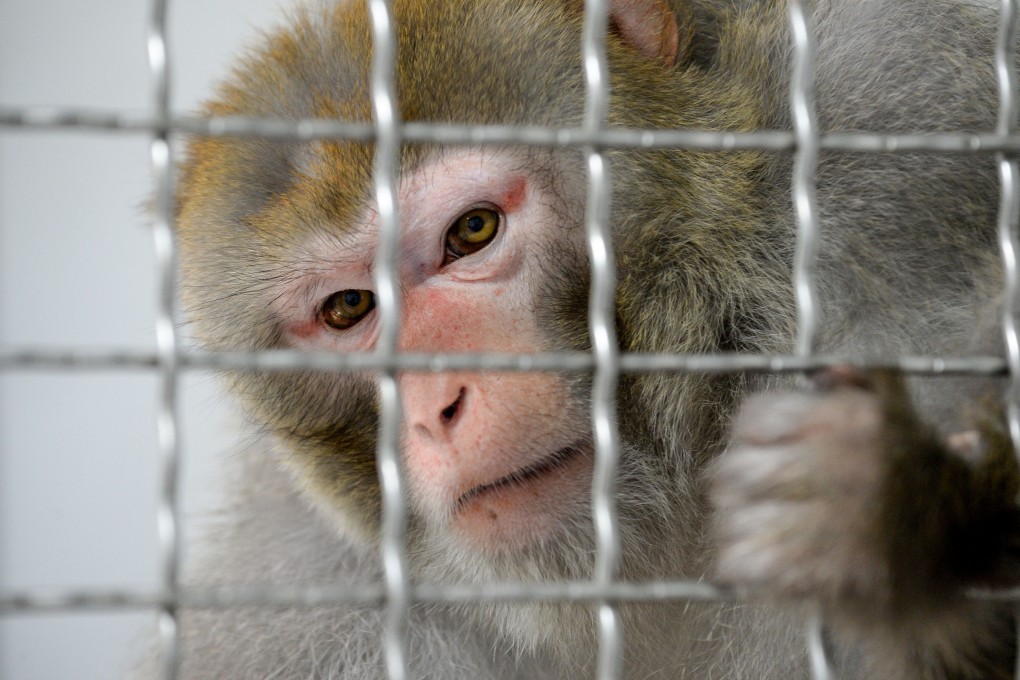Gene-editing scandal: CRISPR Cas9 method does not cause mutations in monkeys, study finds
- But technique still not fit for use on humans, Chinese researcher says
- Medical world hopes gene editing may one day provide a cure for diseases like cancer

Professor Su Bing and colleagues at the Kunming Institute of Zoology under the Chinese Academy of Sciences examined rhesus monkeys born from embryos modified by the gene-editing tool CRISPR Cas9 and found no unexpected mutations.
The experiment produced four living monkeys with a gene important for the development of the central nervous system missing.
The test was approved by the Institutional Animal Care and Use Committee of the institute in Kunming, which runs the world’s largest facility for breeding monkeys for scientific research.
Su’s team checked the monkeys’ genes with various methods, including whole genome sequencing. Mutations were detected but “there is no evidence that these mutations were caused by gene editing”, Su said.
“And the monkey is a close relative to humans.”

